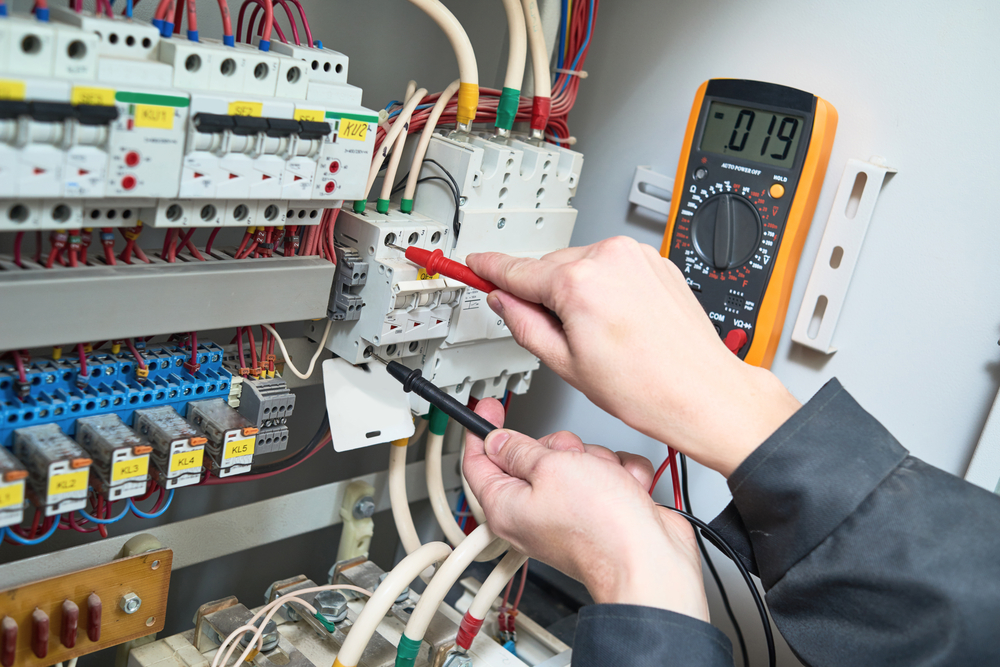
Earning Certification
There are several ways to become an electrician and earn an electrician certificate. Some high schools offer electrician programs as a way to learn the basics and to prepare for further training after graduation. Vocational/technical schools may offer electrician programs that can lead to an electrician certificate. In addition, there are electrician schools available, and classroom instruction is required to complete licensing requirements, which vary state by state.
Two of the best electrician schools are Washburn Institute of Technology in Topeka, KS and Pamlico Community College in Grantsboro, NC. Finally, there are companies that utilize apprentices, electricians who are not yet fully trained and work under close supervision while obtaining both classroom instruction and hands on training. There are also schools, such as Washburn Institute of Technology, that offer fast pace electrician programs that can be completed in as little as twelve months in order to allow for faster employment options.
Types of Electricians
Regardless of the type of electrician program chosen, there are three levels of electricians. The first is an apprentice. Apprenticeships may start before, during, or after classroom instruction, and they are performed under the supervision of both a Journeyman Electrician and a Master Electrician. Apprenticeships can last from three to six years. Apprentices are paid, and pay varies according to previous experience and local demographics. The next level is the Journeyman Electrician. At this level, supervision comes directly from a Master Electrician. A Journeyman Electricians has the education and proper licensing but still lacks the seven to ten years experience of a Master Electrician. Experience, along with a Master Electrician certificate or license, is what differentiates a Journeyman from a Master Electrician.
Becoming an electrician is a great choice for those interested in a career with high earning potential. In addition, the education focuses more on industry specific requirements rather than adding core curriculum needed for a college degree. Another advantage is that electrician schools are far cheaper than liberal arts colleges, and a certification or license can usually be obtained in far less time. Moreover, although there is intensive training and education involved, there is no prior experience needed. Finally, there are paid apprenticeships available in most areas, and many of these will also help with part or all of the classroom training.